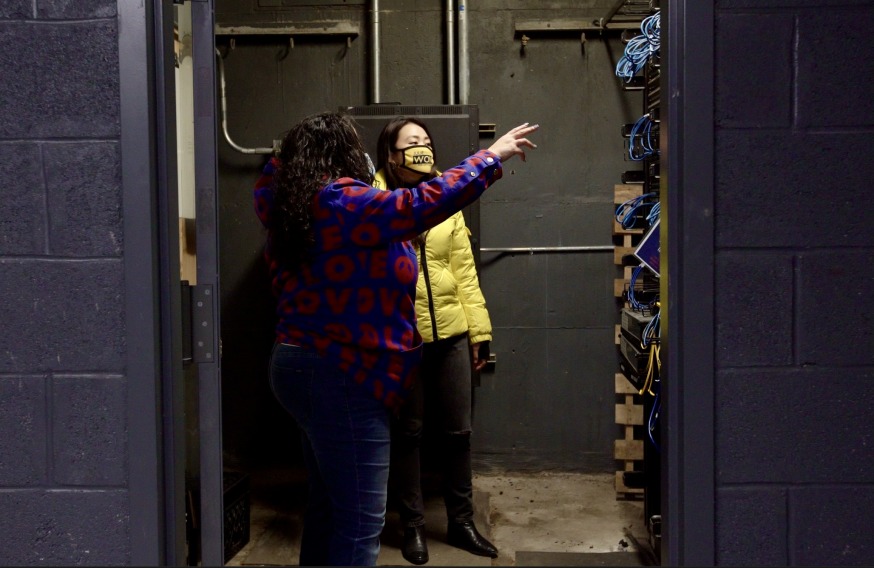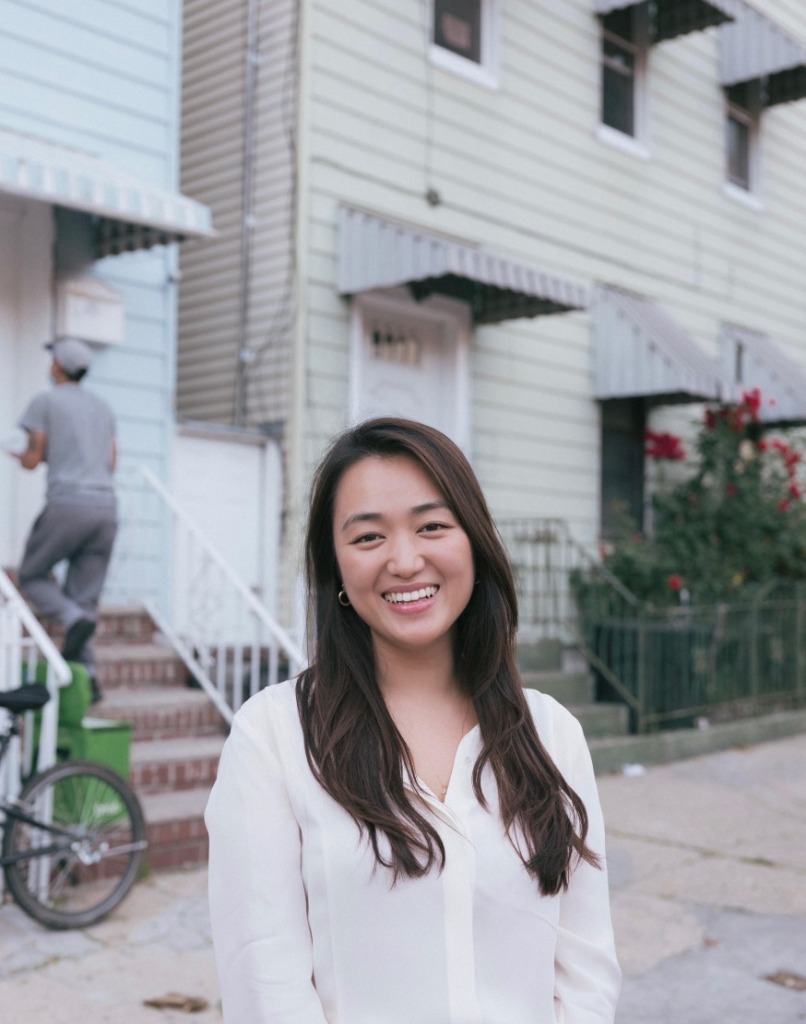
Photo Courtesy of Julie Won For Council
Feb. 11, 2021 Op-Ed By Julie Won
When COVID-19 hit and lockdown began, the lives of many New Yorkers moved online. Living rooms were turned into offices, meetings were held via teleconferencing, and children began attending classes on Zoom.
For the 1 million New Yorkers without high-speed internet, however, things haven’t been so simple. With cafés and libraries closed and no access to the internet at home these families have been effectively excluded from public schooling, unemployment insurance, and the entire digital economy.
This disparity is known as the digital divide and it existed long before the pandemic struck.
Throughout my career as a woman in tech, I have seen the opportunities technology can offer and I have seen the consequences for those who have been left out or left behind. In the richest city, in the richest country in the world, there is no reason why anyone should be without high speed internet.
I am running for City Council in District 26 to close the digital divide. Together, we must transform our city and guarantee WiFi for all.
Here in New York City the digital divide is the direct consequence of a practice called digital redlining, which systematically denies low income communities of color access to the internet. Broadly speaking, redlining is the practice of excluding BIPOC, immigrants, and low income families from essential financial services such as insurance or a mortgage.

Julie Won (Photo: Julie Won For Council)
In my home borough of Queens, the scars of this practice are all too apparent.
Inequalities in housing are now being exacerbated by the digital divide. Black New Yorkers are nearly twice as likely to go without internet access than their white neighbors, and more Hispanic families are without internet than any other ethnic group.
In the heavily red-lined neighborhoods of Jackson Heights, Elmhurst, and Corona, 17 percent of households lack high-speed internet while over 90 percent of residents in Middle Village have access to broadband.
If we fail to take decisive action, these inequities will shape the futures of countless New Yorkers for generations to come.
Closing the digital divide is essential to ensuring a just economic recovery.
Nearly all government services — including vaccination scheduling and unemployment benefits — are accessible exclusively online. Our public schools are engaging in remote learning, which necessitates a high-speed internet connection.
Job applications as well as many office jobs have made the leap to being fully remote. While these are all logical steps in order to contain the spread of COVID-19, our government has failed to provide the infrastructure necessary for equitable access.
Our next City Council must guarantee WiFi for all to ensure that no one is denied access to opportunities and crucial services that others take for granted.
In 2008, New York City inked a deal with Verizon that promised to bring high-speed, fiber-optic internet to all of New York City by 2014. While wealthy New Yorkers began enjoying the service almost immediately, it took until November of 2020 for residents of public housing to gain access to fiber-optic internet.
This is not an isolated incident. Across the board New Yorkers of color are far less likely to have internet access than their white counterparts and the vast majority of households without internet access live in low-income neighborhoods.
Access to coverage is just half the battle. While high-speed internet is available to 98 percent of New Yorkers, nearly a quarter of the city cannot afford WiFi. Citywide, close to 200,000 students have no internet access whatsoever and over 400,000 students lack the high-speed connection they need to attend class online.
In my home district (which includes Sunnyside, Woodside, Long Island City, and Dutch Kills) one in four residents go without high-speed internet. Lawmakers must work to include all New Yorkers in the digital economy and make sure all students can fully access their education.
There currently are a few initiatives that seek to address the digital divide. NYC Mesh is a patchwork network that allows for users to access volunteers’ WiFi and the City has experimented with programs like in Queensbridge Connected, which provides free WiFi to all residents in the Queensbridge Houses. These programs are a step in the right direction, but they address the problem only at the margins.
These networks often have limitations with respect to range and speed; it is nearly impossible to participate in remote learning on the Mesh network and Queensbridge Connected services less than 5 percent of NYCHA residents citywide. I will push for the bold and transformative action that is necessary to bring WiFi to all of New York City.
It’s time to stop treating WiFi like an individual consumer good, and start treating it like a utility. With the right priorities and leadership, we can guarantee WiFi for all New Yorkers, the same way we guarantee heat, water, or electricity. New York is the densest city in the country and more often than not there is plenty of coverage to go around.
Public buildings can offer public WiFi and individuals should be encouraged to share their networks with their neighbors. Building any additional infrastructure we might need will create well-paying, union jobs and grow our economy.
As your Councilmember, I will introduce legislation that provides WiFi for all. My bill will require public schools, libraries and other municipal buildings to open their networks to the public. Landlords will be incentivized to offer free WiFi to their tenants and we will tax those who do not.
Tenants and homeowners alike will receive tax credits and subsidies for sharing their WiFi with their neighbors and the city will offer direct assistance to every public school student in need of high-speed internet. This legislation will also mandate higher levels of cybersecurity across all City WiFi networks, to ensure data privacy for all New Yorkers, banning the sale of personal information and data to third parties and private firms.
It is time to end digital redlining and close the digital divide. Every adult deserves equal access to opportunity. Every child deserves a safe and secure education. We must ensure that government services are accessible to the families that need them most, and we must guarantee that all workers can participate in the digital economy.
Two decades into the 21st century, it is time we recognized that WiFi is a right and not a privilege.
Julie Won is a Digital Strategy Consultant and Sunnyside resident running for City Council in District 26. To learn more about closing the digital divide, watch Julie’s video.
